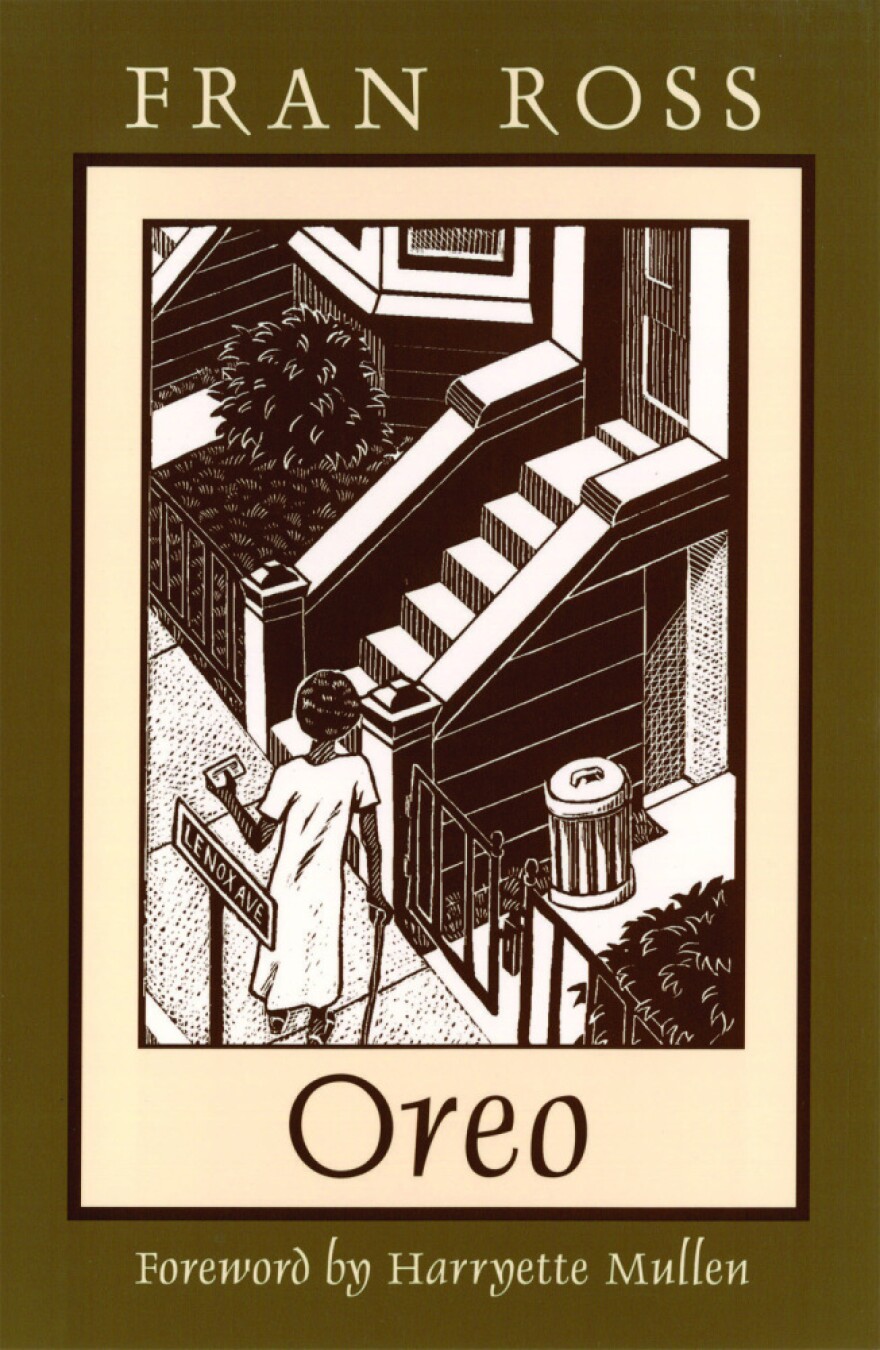Fran Ross' Oreo is one of the funniest books I've ever read, but I've never quoted it. To do so, I would have to put quotations before the first page and then again at the last. Instead, I just use the words so many others who have been privileged to encounter Oreo use to describe it: hilarious, uproarious, insane. But these adjectives don't do it justice either. To convey Oreo's humor effectively, I would have to use the comedic graphs, menus and quizzes Ross uses in the novel. So instead, I just settle for, "You have to read this," and from just the first page they see what I mean.
Oreo is the story of the biracial daughter of an African-American woman and Jewish father, a man named Samuel Schwartz, who disappeared when she was an infant, leaving behind only a note that told her to later seek him and the mystery of her birth. When as an adult Oreo leaves her native Philadelphia on a quest to New York City in search of Sam Schwartz, she finds instead several sharing that name in the phone book. Soon Oreo is pulled into an adventure that mirrors the Greek tale of Theseus' journey into the Labyrinth, where the vehicle toward humor is the quirks of language in Jewish and black culture and every turn takes the reader deeper into the satire and into the heart of the absurdities of American identity.
As funny as the novel Oreo is — and it is very, very funny — it was ignored during its era. But it is easy to see how such a smart, hilarious novel could escape notice. There are books, great books, that appear at a time when no one is ready to read them. Oreo arrived in 1974, during the height of the Black Power movement with its focus on an African-based identity and black male power. A novel about a biracial woman's search for her Jewish identity, complete with Yiddish word jokes and a structure based around Greek mythology, was about as far away from what was expected of a black writer as possible. Biracial identity didn't even truly exist in the popular imagination at the time of the book's publication: If you were mixed you were considered black, and if you fought that you were branded an Oreo — white on the inside, black on the outside — a joke Ross embraced in the title character.
Oreo is at its core a feminist odyssey, but it came eight years before the publication of Alice Walker's The Color Purple, at a time when feminism was still viewed as largely a white-woman's movement. And most problematic in finding an audience during its time, Oreo is the ultimate idiosyncratic novel, as poet Harryette Mullen, who was largely responsible for bringing it back into print and cult status in 2000, called it. A truly original view of our world is what we yearn for in fiction, but sometimes when something is so original, so many years ahead of its time, it takes time for the audience to catch up to it. It's a statement of how far we've come that for this quirky, hilarious, odd, little biracial black book, that time is now.
You Must Read This is produced and edited by Ellen Silva with production assistance from Rose Friedman, Lena Moses-Schmitt and Amelia Salutz.
Copyright 2023 NPR. To see more, visit https://www.npr.org.



